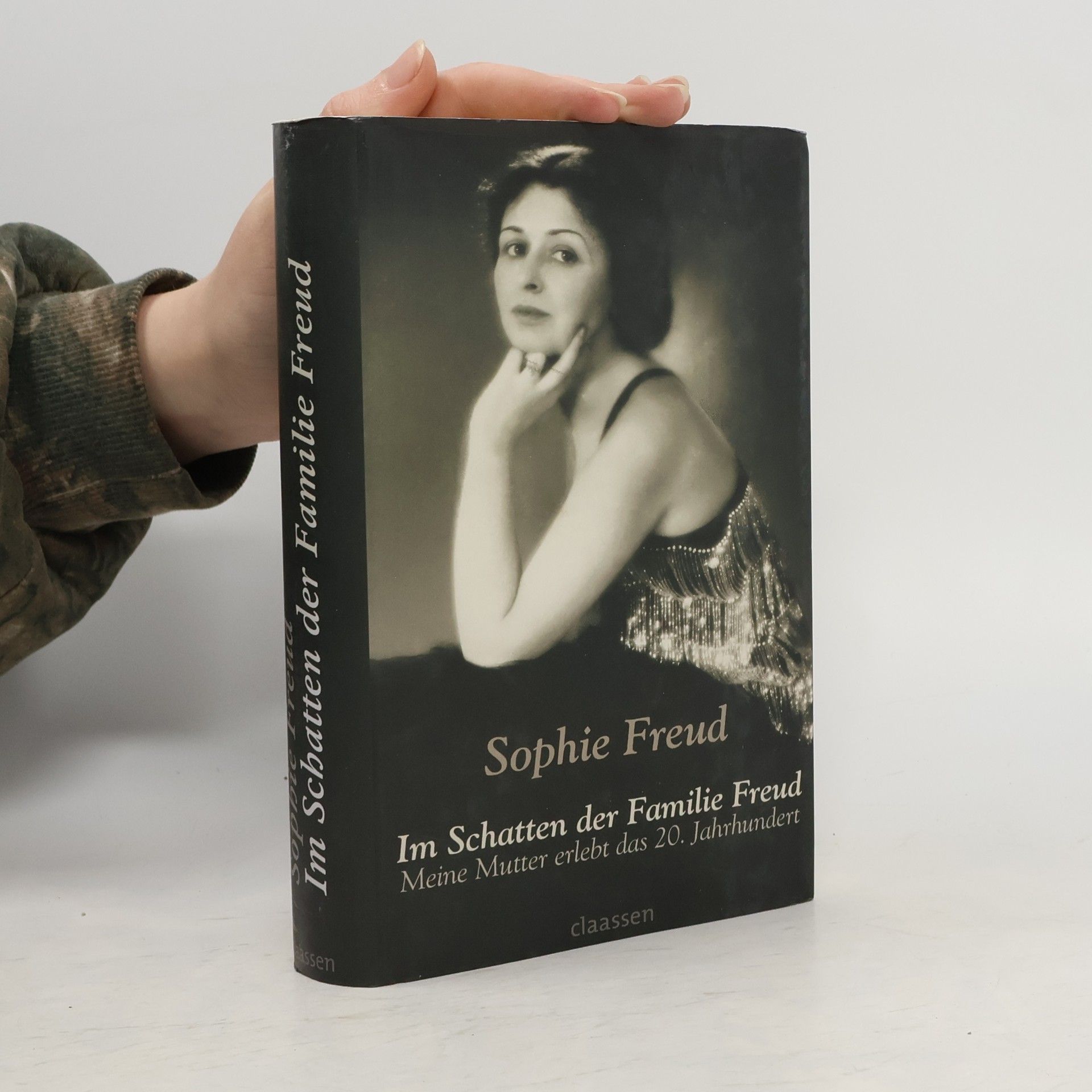Die Welt vor Suzie Wong
Eine Familiengeschichte zwischen Wien, Seoul, Paris, Shanghai
Wie wird man Heldenenkelin? In der dokumentarischen Erzählung »Die Welt vor Suzie Wong« veranschaulicht Erica Fischer, wie Geschichte und Politik den Alltag der Menschen gestalten und wo individuelles Schicksal beginnt. Suzie Wongs Suche nach dem unbekannten Großvater nimmt in Wien ihren Ausgang und bringt komplizierte Familienverhältnisse zutage, die mit der Zeitgeschichte der ersten Hälfte des 20. Jahrhunderts eng verstrickt sind. Die Spur führt in Etappen auf unglaublichen, teils verworrenen Wegen tief hinein in die tragische Geschichte Koreas und offenbart die große Bedeutung des Großvaters – Seo Yeong-hae – für sein Land. Es ist die Geschichte eines leidenschaftlichen Freiheitskämpfers und Antifaschisten, der sich nicht nur mit den japanischen Besatzern Koreas anlegte, sondern auch mit den Faschisten Deutschlands, Italiens und Spaniens. Nicht zuletzt erzählt das Buch die kurze Liebesgeschichte von Seo Yeong-hae und der Wienerin Elisabeth Bräuer.













